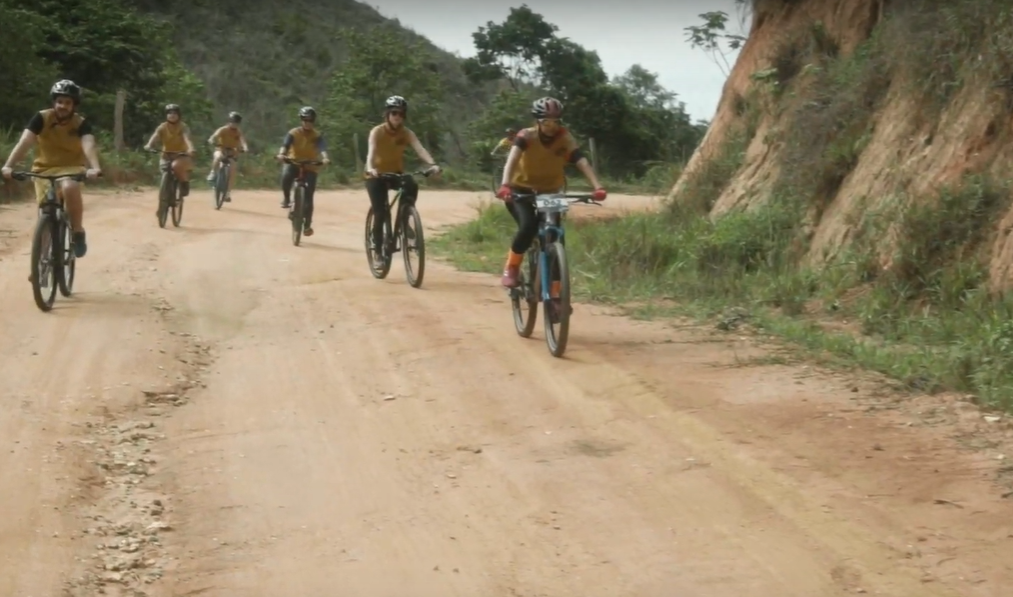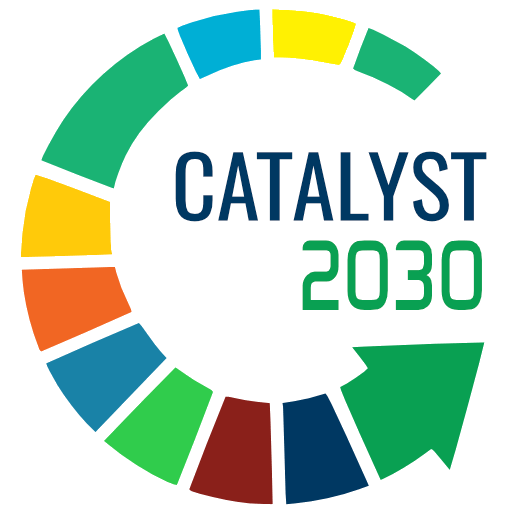
Building dreams and motivation, and living your daily life, having the means to support yourself and your family without having to leave your homeland behind. This is one of the main rural tourism roles, a form of resistance from the local farmers to stay on their land of origin.
Tourism activity provides local populations with chances to become an entrepreneur in new businesses that will generate a flow of visitors and, as a natural consequence, local development through the tourism supply chain.
At Resplendor, Minas Gerais state, Brazil, we find a growing demand, motivated by the passenger train from Vale Company and a landscape full of possibilities. The challenge was to generate income for this rural area and develop new businesses with sustainable profiles.
For 16 months, Raizes supported local entrepreneurs with several initiatives ranging from mapping possibilities to the creation of new companies.
The phases of the project, one by one, can be checked below. This first project cycle was concluded last December.
Phase 1 – Mapping
Mapping the region and its surroundings is key to designing the subsequent phases. This makes it possible to understand the local dynamics from the inhabitants’ perspective, as well as visualize their potential for tourism.
In the case of Resplendor, Raizes conducted 42 interviews, and visited and mapped 49 tourist attractions, equipment, and local events.
Following this, 6 entrepreneurs were selected to receive support and capacity-building training to potentialize their businesses: DIM Restaurant (DIM meaning “Wonders from the countryside” of Minas Gerais), Cachaçaria Dona Bem (Spirits producer), Sítio Sabores Marins (Rural Producers Association Limadouro), Sítio Vale Verde and Sítio Borel (both members of the Rural Producers Association ADEBRAS) and Top Bike.
Phase 2 – Inspiration and qualification
The next step entails looking for references for capacity-building for the businesses. A good strategy for this is benchmarking, which we have already discussed here on the blog in previous articles. For this phase, Raizes made four inspirational trips. We also promoted 118 hours of training, aiming to increase technical qualification, improve service quality, develop entrepreneurial abilities, project management skills, and networking.
Phase 3 – Prototyping and product innovation
The third step is directly connected to structuring the touristic sites and their infrastructure. After all the capacity building, Raizes started the product innovation and prototyping phase, designing what would be delivered to the public, with the implementation of the Touristic Adaptation Plan.
At Resplendor, this was a particularly fruitful step. It included a bio construction workshop, involving the building of a dry, compost toilet. This experience also inspired, for example, the creation of a community library with books that were not being used in a formerly unused space owned by one of the entrepreneurs. All of this is beautifully illustrated in the Project video, which summarizes the Community Social Entrepreneurship Program (PESC, in Portuguese) Resplendor. Check the video below.
Phase 4 – Market Access
The last phase, as crucial as the previous ones, is practical! It entails making it all really happen, opening the doors of the tourism business created, and giving access to the market.
We first tested this with a familiarization trip involving four tour operators and three digital influencers, in addition to the technical team that was part of the whole process. The feedback we received was really positive! The group and the region seemed ready to walk on their own feet.
At this phase, a communication plan with a destination brand, a touristic map, a printed folder, this video, and this website were also created. Tell us if you don´t feel like visiting Resplendor after checking them! We invite you to go and visit Resplendor.
This Project is an initiative from Vale Foundation, with whom we have the privilege of having developed other local development structuring projects, such as Sabores do Morro, Flores do Carmo, Bordadeiras de Ipoema, and PESC Periquito.

